Keywords: Concern Australia
There are more than 200 results, only the first 200 are displayed here.
-

RELIGION
- Justin Glyn
- 02 December 2020
10 Comments
3 December has a couple of interesting resonances for this blind Jesuit. It is the feast day of St Francis Xavier — Jesuit missionary extraordinaire. It is also the International Day of Persons with a Disability. It seems to me that the two anniversaries have more than a little in common — both in what they tell us about the limits and the promise of human life in the image of God.
READ MORE 
-

AUSTRALIA
- Binoy Kampmark
- 24 November 2020
21 Comments
The discussion in Australia as to how such atrocities are to be approached is telling. The call for responsibility has varied by degrees. Most tend to some variant of the rotten apple theory: a few particularly fruits that may be isolated and extruded from the barrel. Culpability can thereby be confined, preserving the integrity of other military personnel and, importantly, political decision makers.
READ MORE 
-
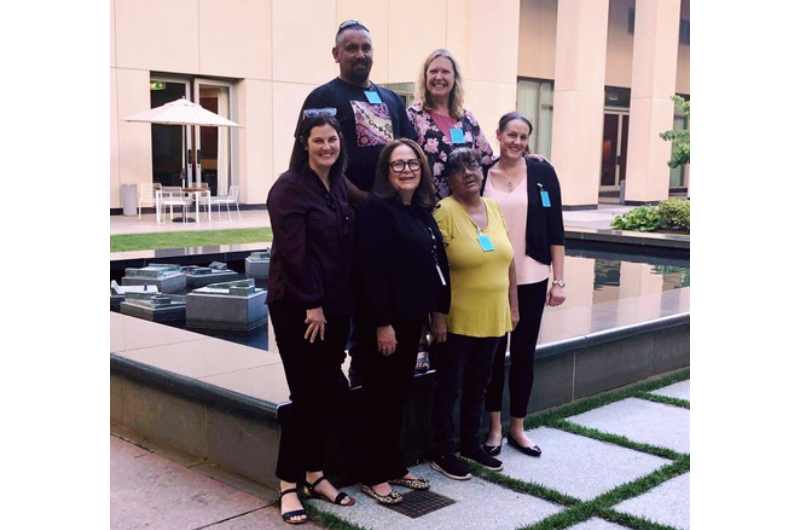
ENVIRONMENT
- Michele Madigan
- 17 November 2020
9 Comments
So in the long journey of nearly five years since the Australian federal government's renewed search for a national radioactive waste facility, it seems a new stage has been reached.
READ MORE 
-
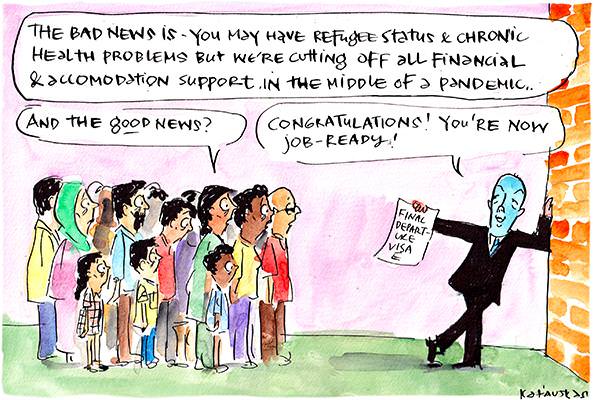
AUSTRALIA
- Andrew Hamilton
- 29 October 2020
8 Comments
If society were a mine, refugees would be the canaries in it. Their condition reveals whether the currents of public air are pure or toxic. By that standard the present currents in Australia are noxious. They mark a change from the first generous response to the coronavirus to the meaner reconstruction of the economy.
READ MORE 
-

ARTS AND CULTURE
- Seetha Nambiar Dodd
- 20 October 2020
3 Comments
The story of colourism has roots that go back many generations; it has trickled relentlessly through time and is still evident in many ways today. In many countries with a colonial history, light skin was perceived, for a long time, as belonging to the upper classes, constituting power and wealth.
READ MORE 
-
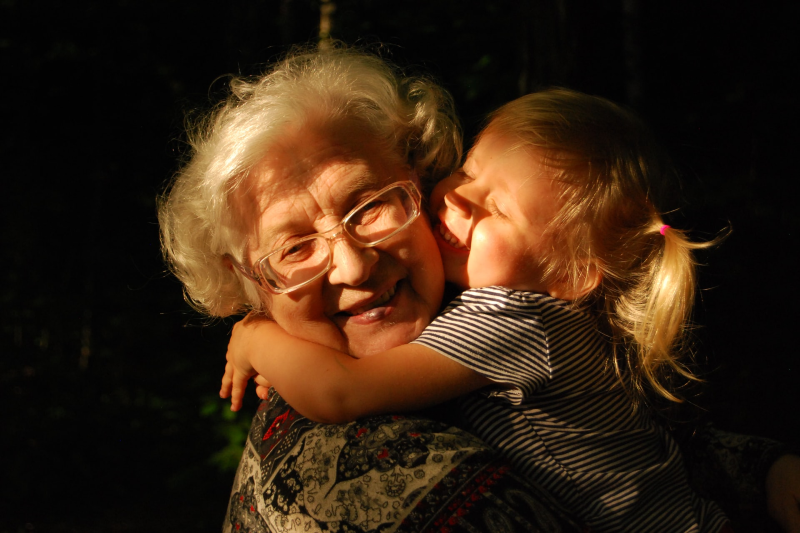
AUSTRALIA
- Andrew Hamilton
- 01 October 2020
7 Comments
The response to COVID has invited reflection about the relative value of one human death (and so of one human life) as compared with another. This is a radical question because it makes us ask whether the value of a human life is defined by economic wellbeing and by potential contribution to the economy, or by deeper qualities.
READ MORE 
-
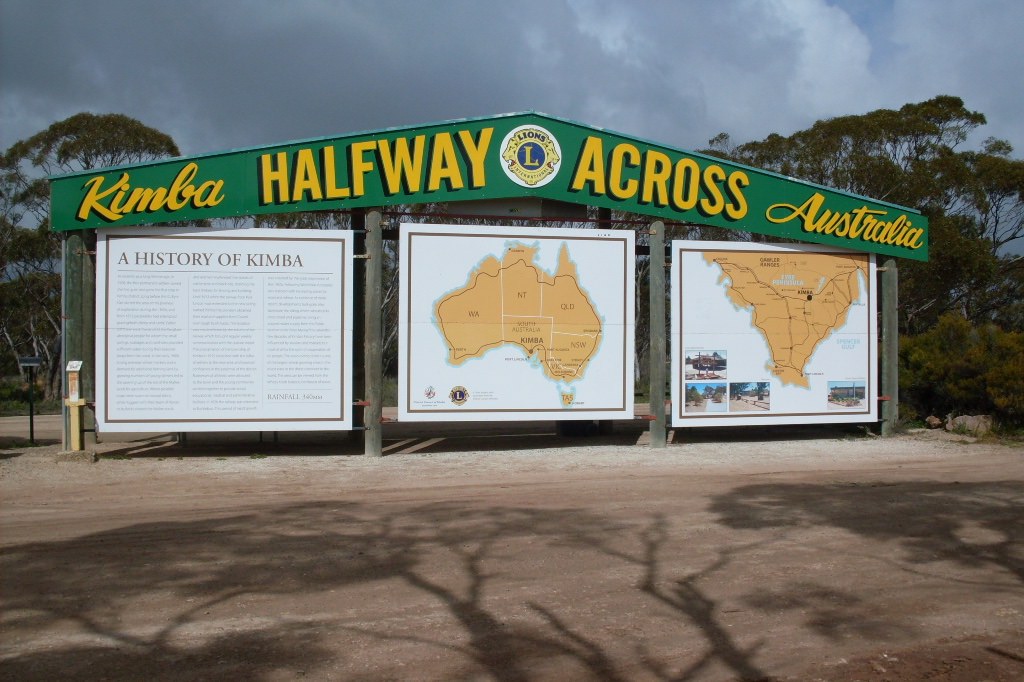
ENVIRONMENT
- Michele Madigan
- 22 September 2020
16 Comments
It may have taken five years but in the last session of the recently completed Senate Inquiry, finally a government department bureaucrat has used the phrase — '…it is a national issue.' Well certainly — 'When it suits,' one might respond.
READ MORE 
-

AUSTRALIA
- Cristy Clark
- 27 August 2020
13 Comments
If you are feeling disengaged and cynical about our political system, it turns out that you are in the majority. And that is concerning.
READ MORE 
-

ECONOMICS
- Andrew Hamilton
- 13 August 2020
6 Comments
Amid the disruption of predictable life wrought by the coronavirus, governments have focused on jobs. Jobs lost in the response to the virus, and jobs created as we emerge from the crisis. The focus is worthy — behind each job lost is a person whose life has become anxious and uncertain. The language, however, is concerning. Defining the challenge as one of creating jobs expresses an understanding of work, the inadequacy of which the coronavirus has laid bare.
READ MORE 
-
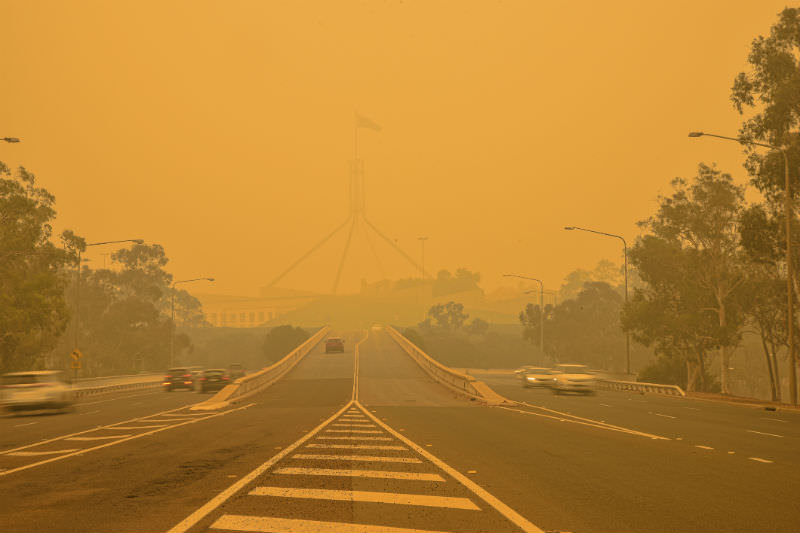
ENVIRONMENT
- Binoy Kampmark
- 30 July 2020
2 Comments
On July 22, Katta O'Donnell filed an action in the Federal Court in Victoria hoping to make good her promise to put the government on trial for ‘misconduct’. The action notes that, ‘At all material times there has existed a significant likelihood that the climate is changing, and will continue to change, as the result of anthropogenic influences.’ Australia was ‘materially exposed and susceptible’ to the risks posed by climate change.
READ MORE 
-
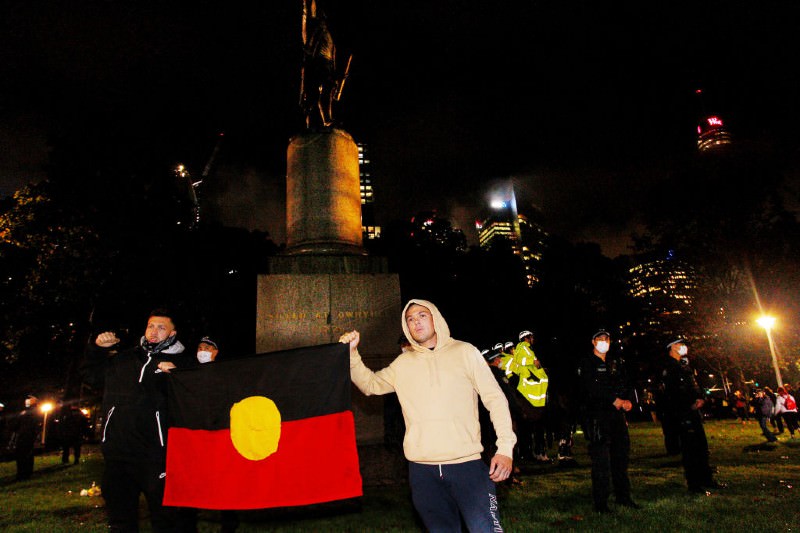
ARTS AND CULTURE
- Andrew Hamilton
- 25 June 2020
14 Comments
The larger questions posed by the destruction of the statues, and indeed of reputations, that they symbolise, concern how to handle complexity.
READ MORE 
-
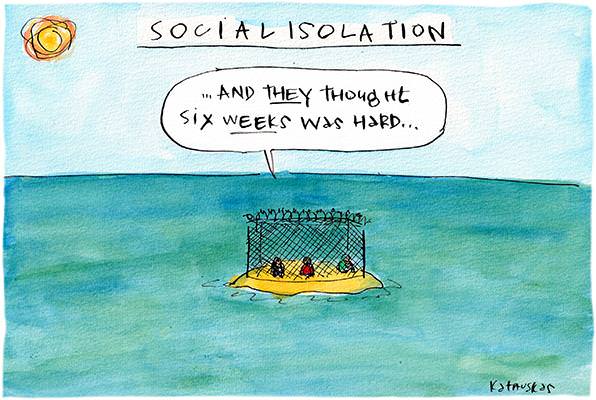
INTERNATIONAL
- Andrew Hamilton
- 11 June 2020
10 Comments
This year Refugee Week has been swallowed by the disruption caused by COVID-19, and by the fracturing of society in the United States. In a world where people naturally turn inwards, those who seek protection from persecution receive little public attention or sympathy. It becomes all the more important to reflect on the world of which refugees are part and why their lives matter to us.
READ MORE 